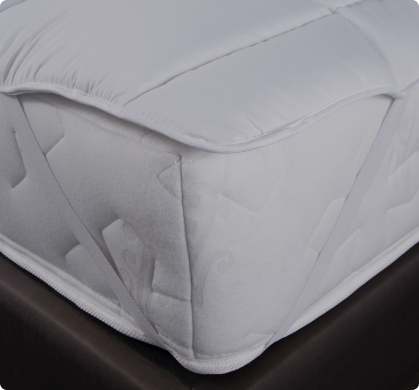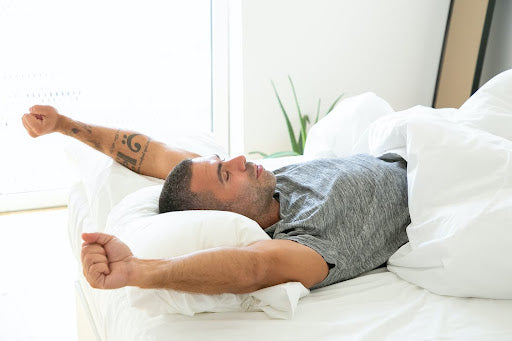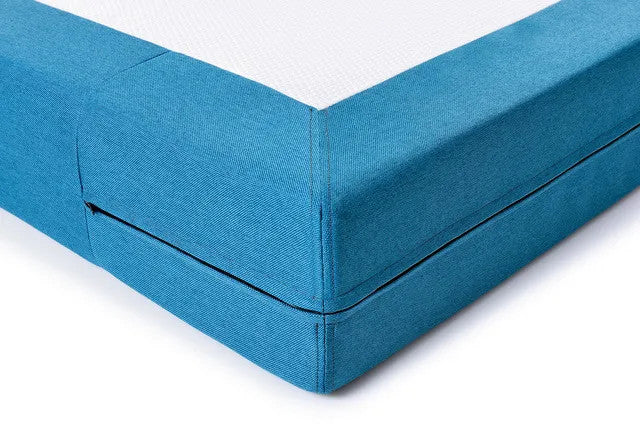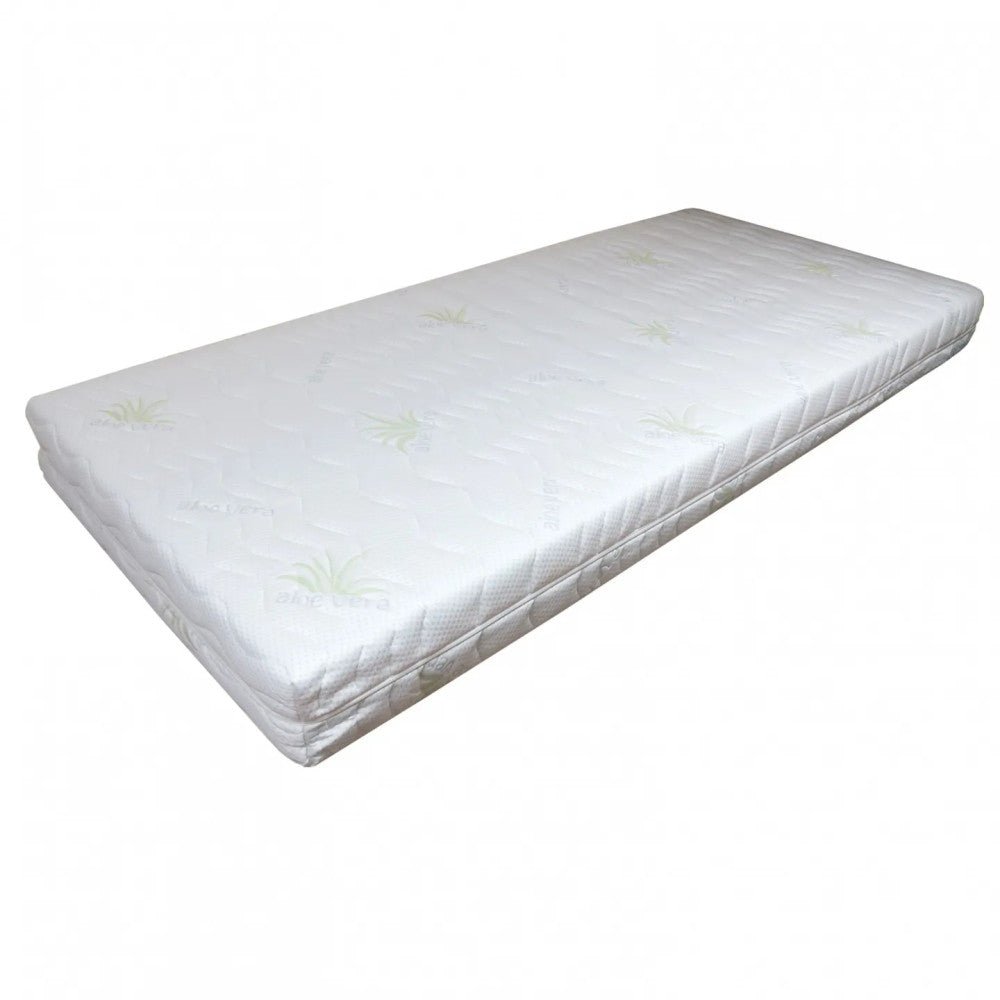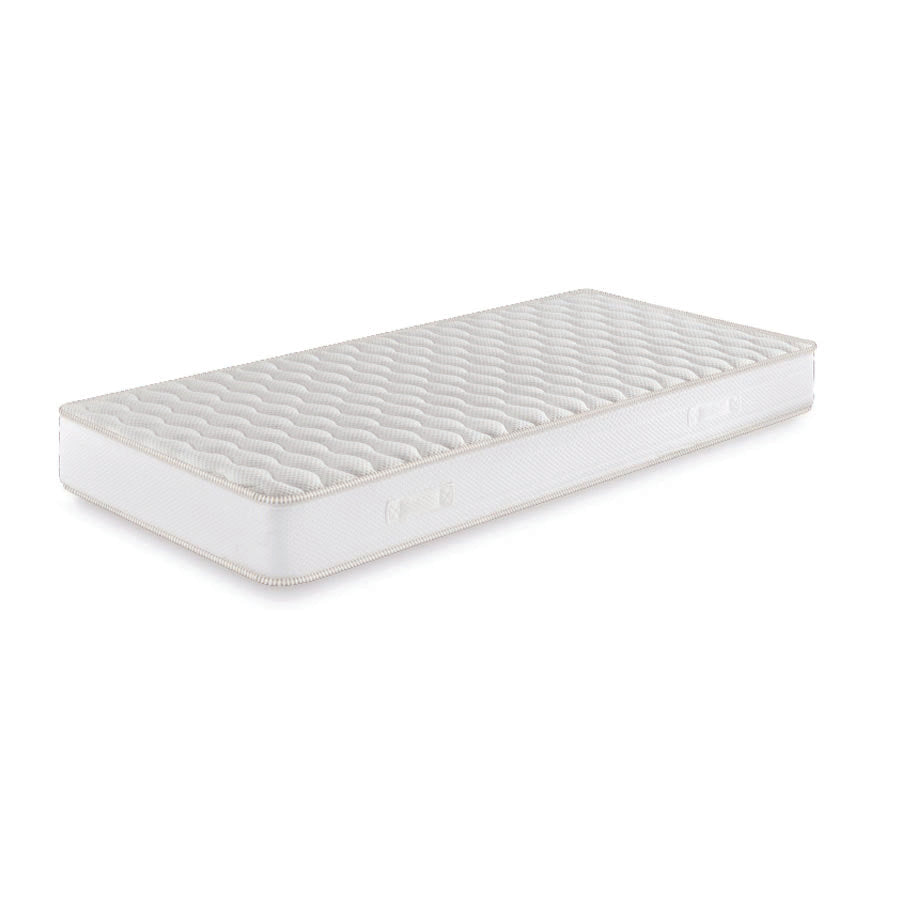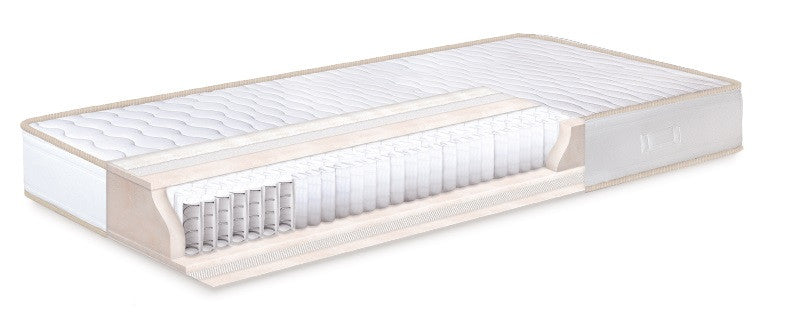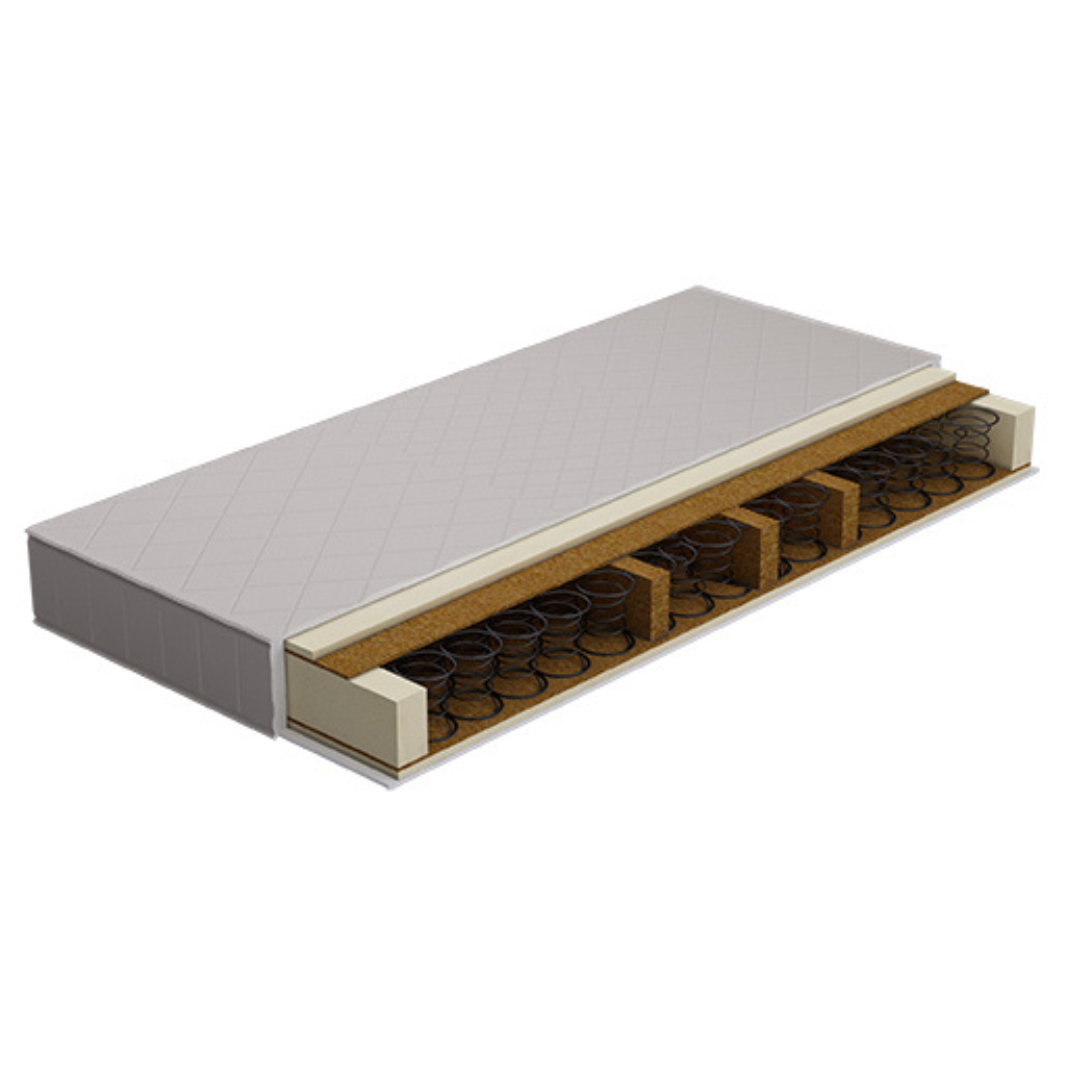It's often said that health starts in the gut and regular exercise is essential. However, to be able to focus on your daily tasks, stay energetic and fit, you also need regular, good-quality sleep.
But what can you do if you are one of the poor sleepers? Below, we have collected some effective, easy-to-use tips that will help you sleep soundly at night.
#1 Always go to bed at the same time and don't oversleep.
It's very important to try to go to bed and sleep at the same time every day, not just on weekdays but also on weekends. Long, ad hoc evenings can disrupt your circadian rhythm, which can lead to insomnia in the long run.
In contrast, consistently going to bed at the same time every night "trains" your body to strengthen the sleep-wake cycle.
Another thing to pay attention to is oversleeping. Many people are simply too tired during the day because they overslept. A healthy adult needs at least 7, but a maximum of 9 hours of sleep a day. It is a big misconception that the more you sleep, the more rested you will be, and it is even counterproductive.
Regular oversleepers are tired, irritable, and have mood swings. And if that weren't enough, too much sleep can lead to faster aging and, in the long run, obesity, as it slows down metabolism.
#2 Watch what you eat and drink
It is essential that you do not go to bed hungry or full. The former will prevent you from falling asleep, while the latter will cause insomnia due to fluctuations in blood sugar levels.
But what should you eat if you get hungry before going to sleep? According to experts, it is worth consuming a maximum of 200 calories, in a slowly digestible form. That is why it is worth consuming foods high in fiber and protein.
For example, these are
- yogurt (natural, of course),
- the oats,
- or cheese.
Oats also stimulate the production of melatonin, the sleep hormone, which helps you fall asleep. In the evening, you should definitely avoid sugar, sugary drinks, baked goods, snacks, and even fruit, as these lead to blood sugar fluctuations.
It probably goes without saying, but you should also avoid stimulants such as nicotine, caffeine, or alcohol: their effects only wear off hours later, so they can disrupt your sleep.
Don't drink any liquids an hour before going to bed, as you'll likely have to get up to go to the bathroom, and it will be much harder to fall back asleep afterwards.

#3 Regular exercise is important
Exercise is not only important for sleep: it makes us energetic, keeps us young and much more focused, and it also significantly reduces the risk of developing type II diabetes.
Even just 30 minutes of exercise 3 times a week can go a long way towards maintaining your health and, of course, ensuring restful sleep.
After all, a person needs to tire themselves out not only mentally but also physically in order to sleep peacefully.
However, you should be careful not to exercise 3 hours before going to bed, as exercise produces adrenaline, endorphins, and serotonin, which increase alertness.
#4 Dietary supplements that can help you sleep
If all else fails, there are natural supplements that can help you fall asleep.
One example is glycine, which is a protein-building amino acid found in the body. It is worth consuming a small teaspoon, mixed with warm water, 1 hour before bedtime.
Regular consumption of magnesium is also important, as a deficiency can lead to irritability and nervousness.
Collagen is not only good for the skin and joints, but it also greatly improves the quality of sleep.
#5 This is the best room temperature for sleeping
You've probably noticed that it's much harder to fall asleep in the sweltering heat of summer than in winter. Excessive heat dilates blood vessels and increases alertness.
According to experts, the ideal night temperature is between 18-20 degrees Celsius: it's neither too cold nor too hot.
#6 Ignore blue light
You should not look at your phone or TV screen 1 hour before going to bed, as the blue light reduces the production of melatonin (sleep hormone) and increases alertness.
That's why it's worth setting your alarm 1 hour before bed so that you don't have to look at the screen and can find something else to do: for example, reading or listening to music.

#7 Check your pillow and mattress
An old, poorly chosen mattress and pillow are often the cause of tossing and turning at night.
A mattress that is too hard or too soft; a flat or high pillow can also be responsible for your poor sleep at night.
If If you often wake up with a neck or headache , it's most likely your pillow. Click on the link to read about what kind of pillow you should choose in this case.
And if you struggle with lower back pain in the morning, your mattress needs to be examined. In this case, read on. our mattress selection guide , where we go over the topic in detail.



